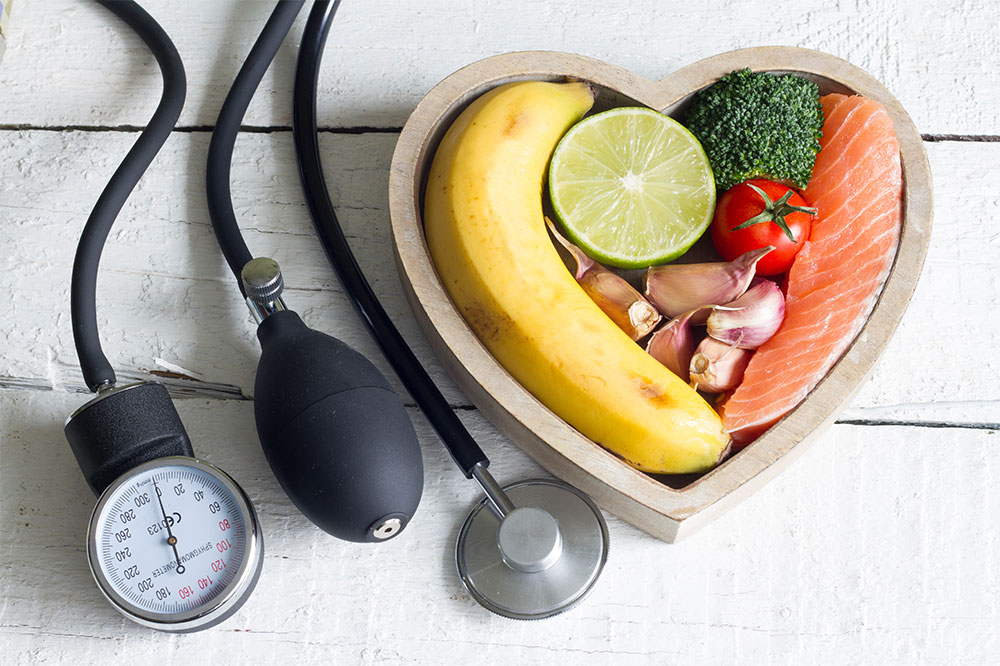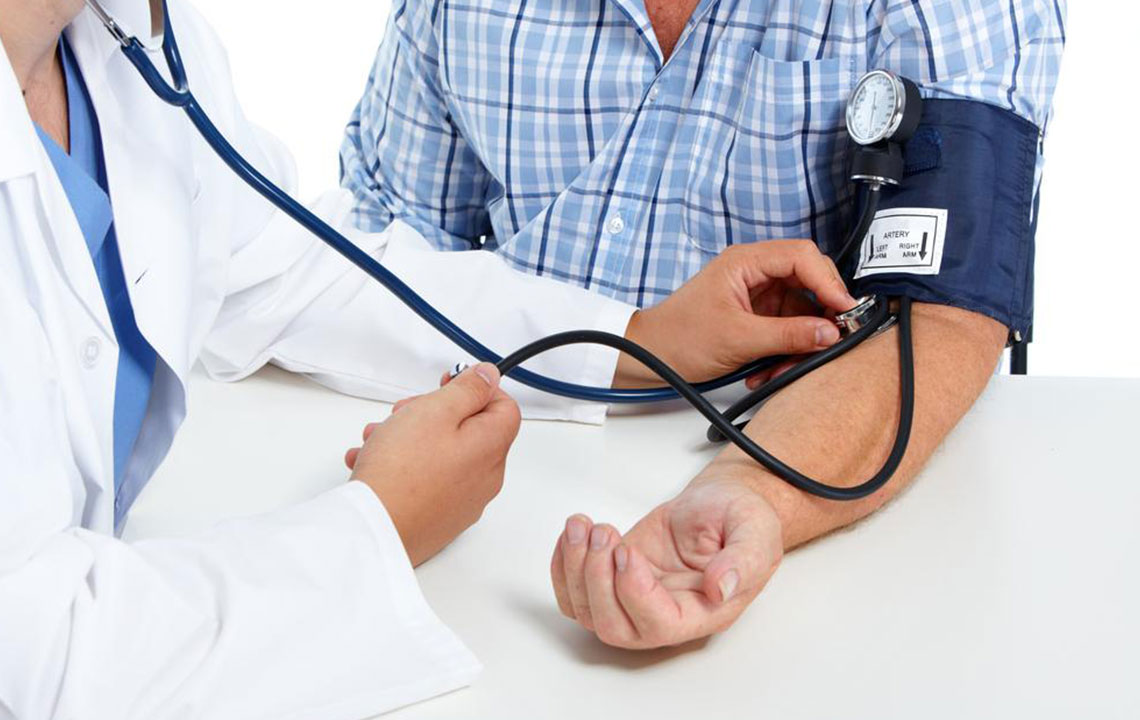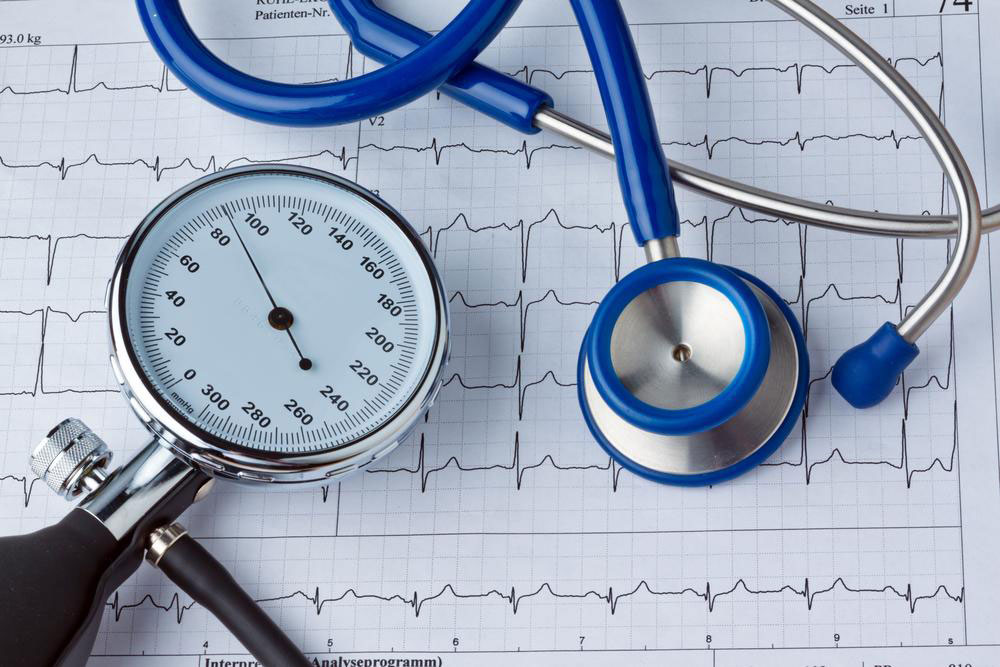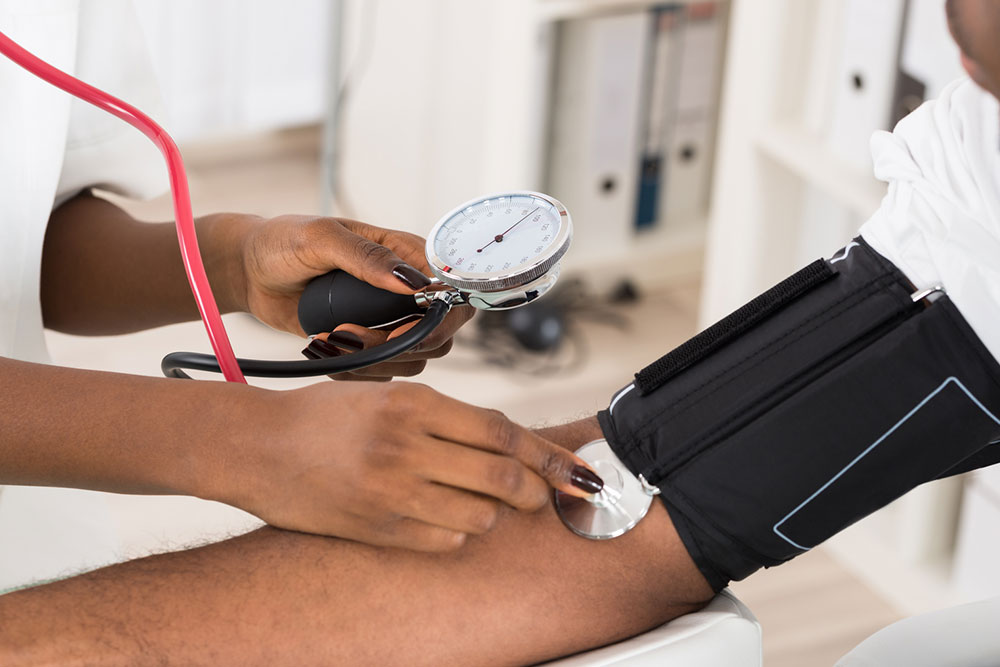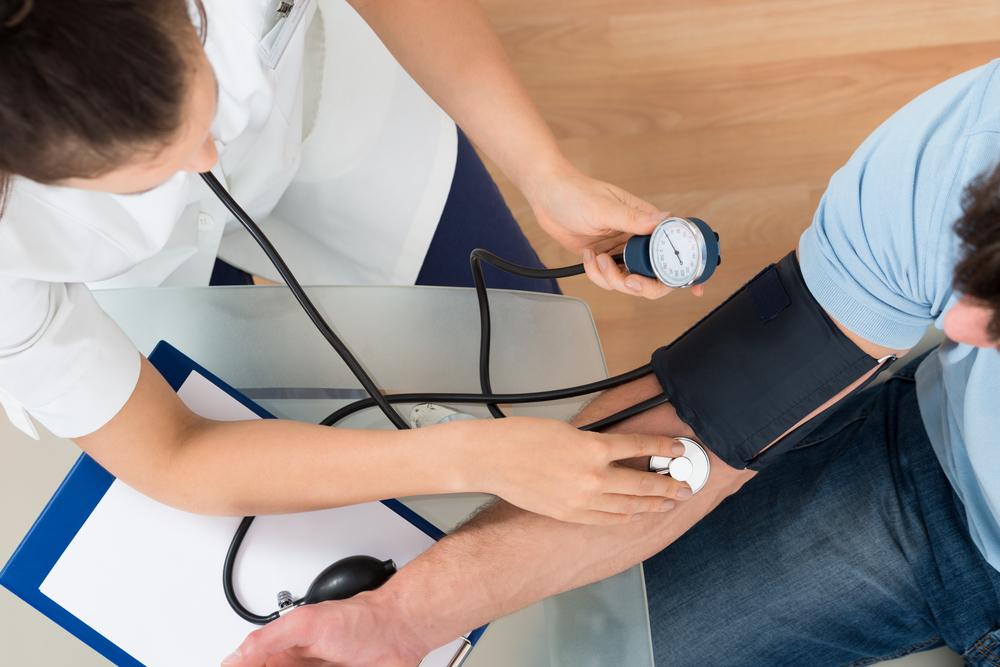Top Strategies to Manage and Reduce High Blood Pressure
Discover effective strategies to control and lower high blood pressure through lifestyle changes, diet, exercise, and medical guidance. Learn how to prevent complications like heart disease, stroke, and kidney issues with practical tips and regular monitoring. Maintaining healthy habits can dramatically improve your cardiovascular health and quality of life.

Top Strategies to Manage and Reduce High Blood Pressure
Hypertension, commonly known as high blood pressure, is a critical health condition where the force of blood pushing against artery walls exceeds normal levels. Keeping it under control is essential for overall well-being. A blood pressure reading above 140/90 mmHg indicates hypertension, while maintaining below 120/80 mmHg is ideal. Lifestyle choices play a significant role in managing blood pressure. Awareness of causes, especially if there's a family history, can help in taking timely actions to prevent complications.
Uncontrolled high blood pressure can lead to severe health issues, including heart disease, kidney problems, and vision loss. Most critically, it increases stroke risk, which can cause lasting brain damage. Hypertension affects individuals aged 30 and above if not managed properly. Here are proven ways to keep blood pressure in check.
Achieve and Maintain a Healthy Weight Excess weight significantly raises blood pressure levels. Shedding extra pounds through proper diet and physical activity can greatly reduce hypertension risk. Consulting a healthcare professional for personalized diet plans is recommended. Losing even a small amount of weight can have a positive impact.
Limit Sodium Intake Consuming too much salt elevates blood pressure. Reducing salt in your diet can make a considerable difference. Start by using less salt during cooking and avoid processed foods high in sodium. Reading food labels thoroughly helps identify hidden salt content. Adaptation to a low-salt diet typically takes about three months.
Avoid Excessive Alcohol Consumption Drinking too much alcohol can raise blood pressure dangerously. Young adults and teenagers should be particularly cautious. Even if you are young, high blood pressure risks increase with heavy drinking. Limiting alcohol and quitting smoking are essential for better cardiovascular health.
Engage in Regular Physical Activity Exercise helps lower blood pressure naturally. Beginners can start with brisk walking, progressing to running. For those with obesity, joining a gym and working with a trainer ensures safe and effective workouts. Incorporating stair climbing instead of elevators reduces sedentary behavior and supports blood pressure management.
Follow Medical Advice and Take Prescribed Medication Always consult a healthcare provider for appropriate treatment. Medications prescribed by your doctor help stabilize blood pressure levels. Avoid self-medicating or relying solely on over-the-counter remedies.
Manage Stress Effectively Chronic stress and anxiety can cause blood pressure spikes. Techniques like meditation, deep breathing exercises, and relaxation practices can help keep stress levels under control. Maintaining a calm mental state is crucial for cardiovascular health.
Prioritize Quality Sleep Adequate sleep is vital for healthy blood pressure levels. Sleep deprivation can disturb your cardiovascular system. Limit screen time, especially before bed, and create a restful sleeping environment to ensure restorative sleep.
Schedule Regular Blood Pressure Check-Ups Monitoring blood pressure regularly helps in early detection and management. Keeping a record allows you to track changes and share accurate information with your healthcare provider. Routine check-ups are fundamental for maintaining optimal cardiovascular health.

